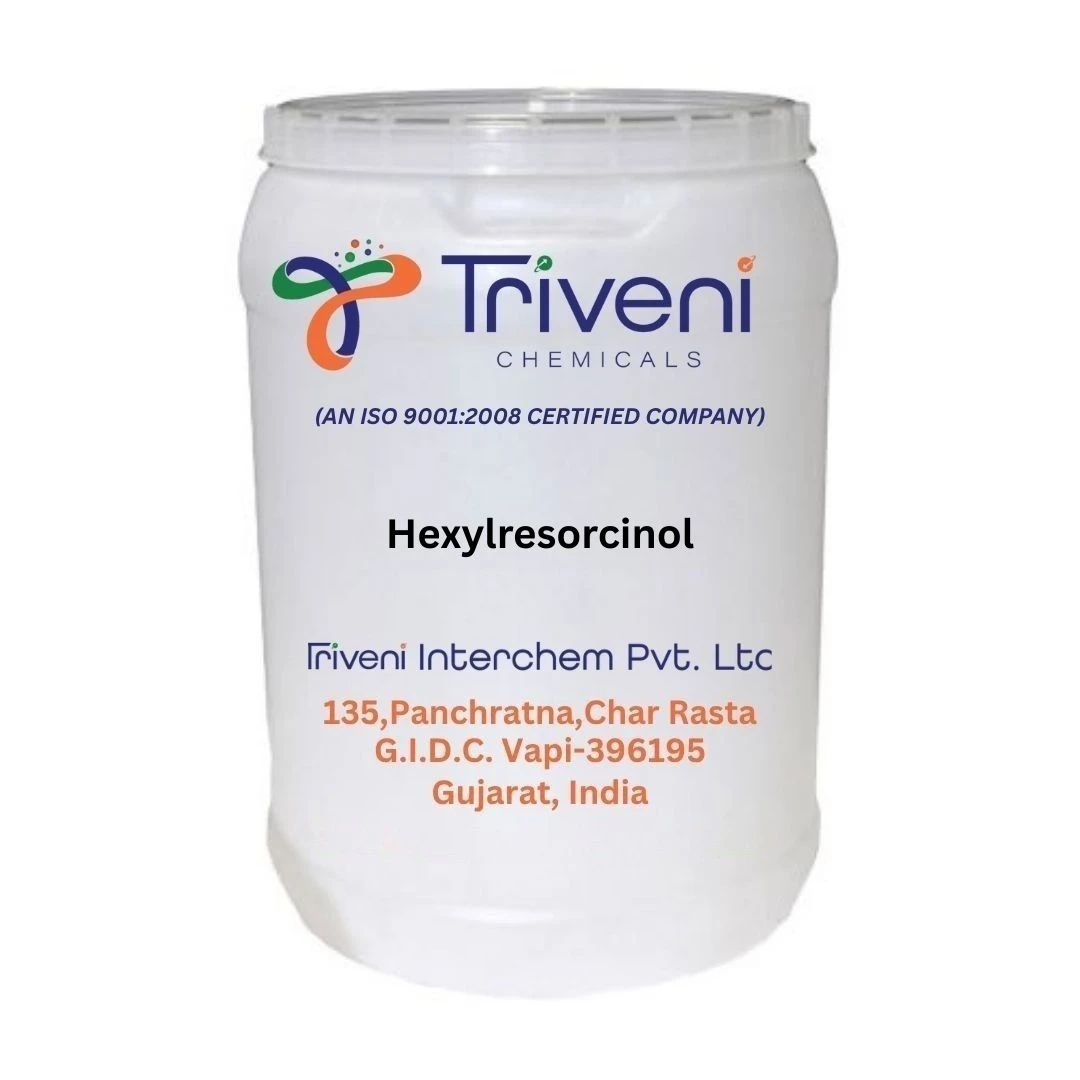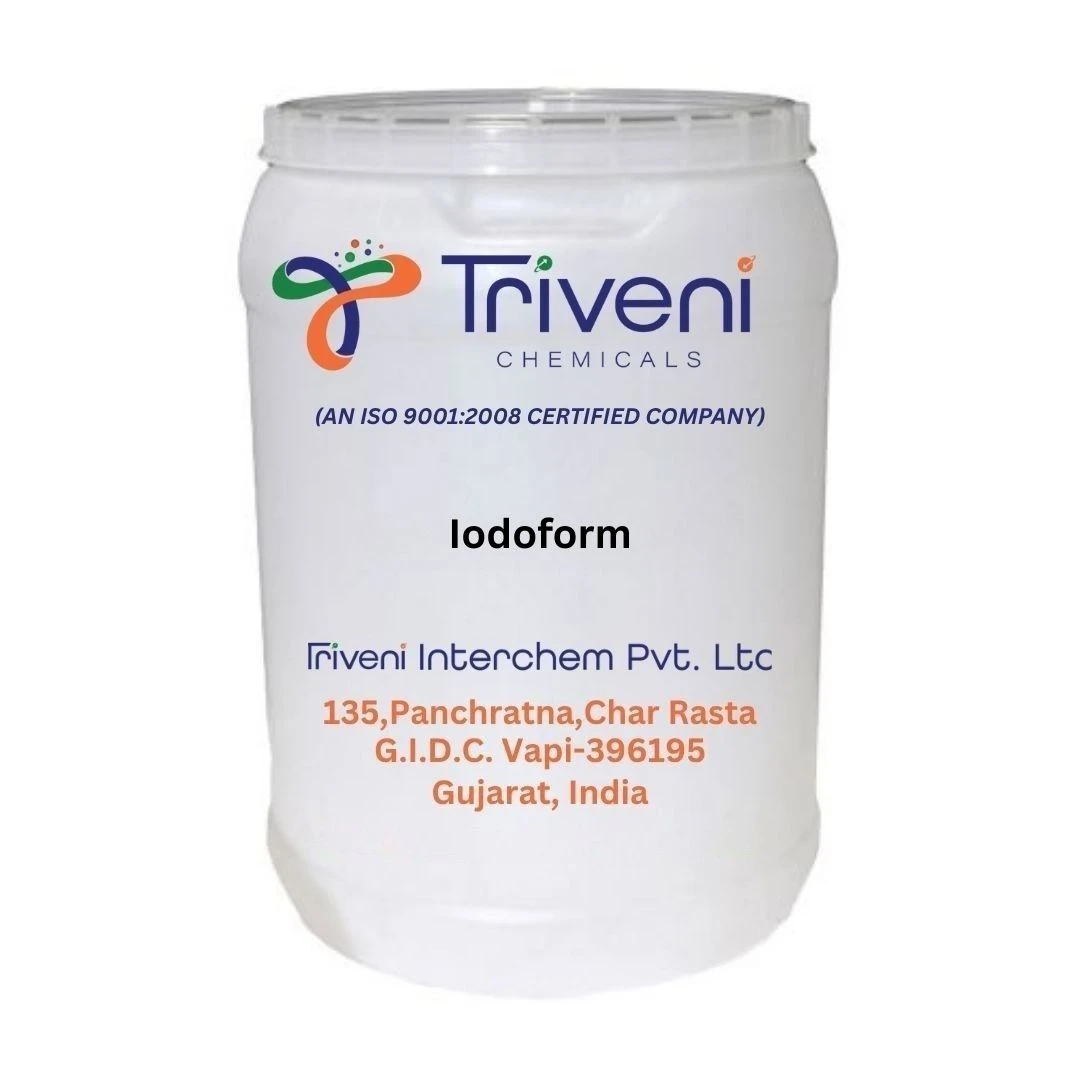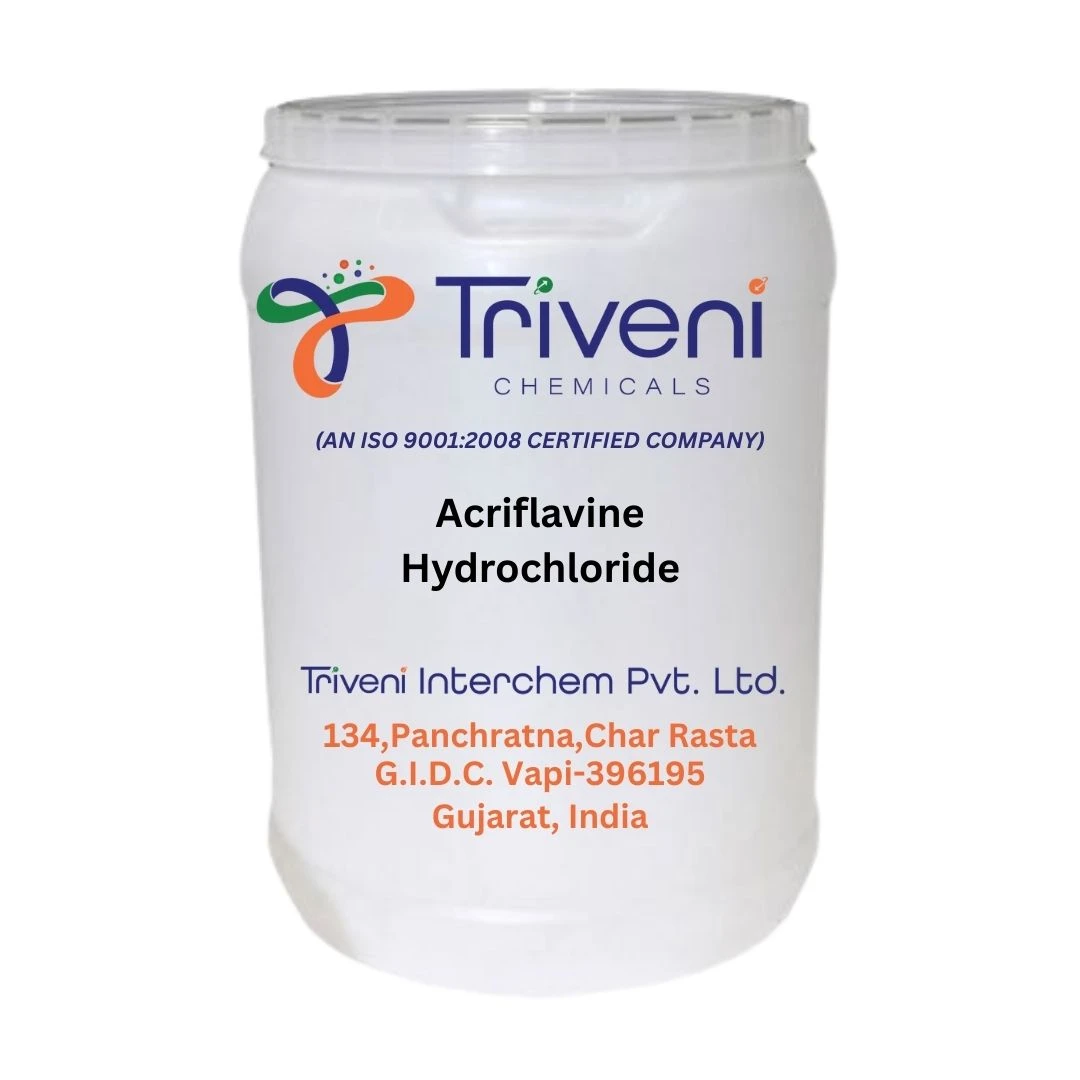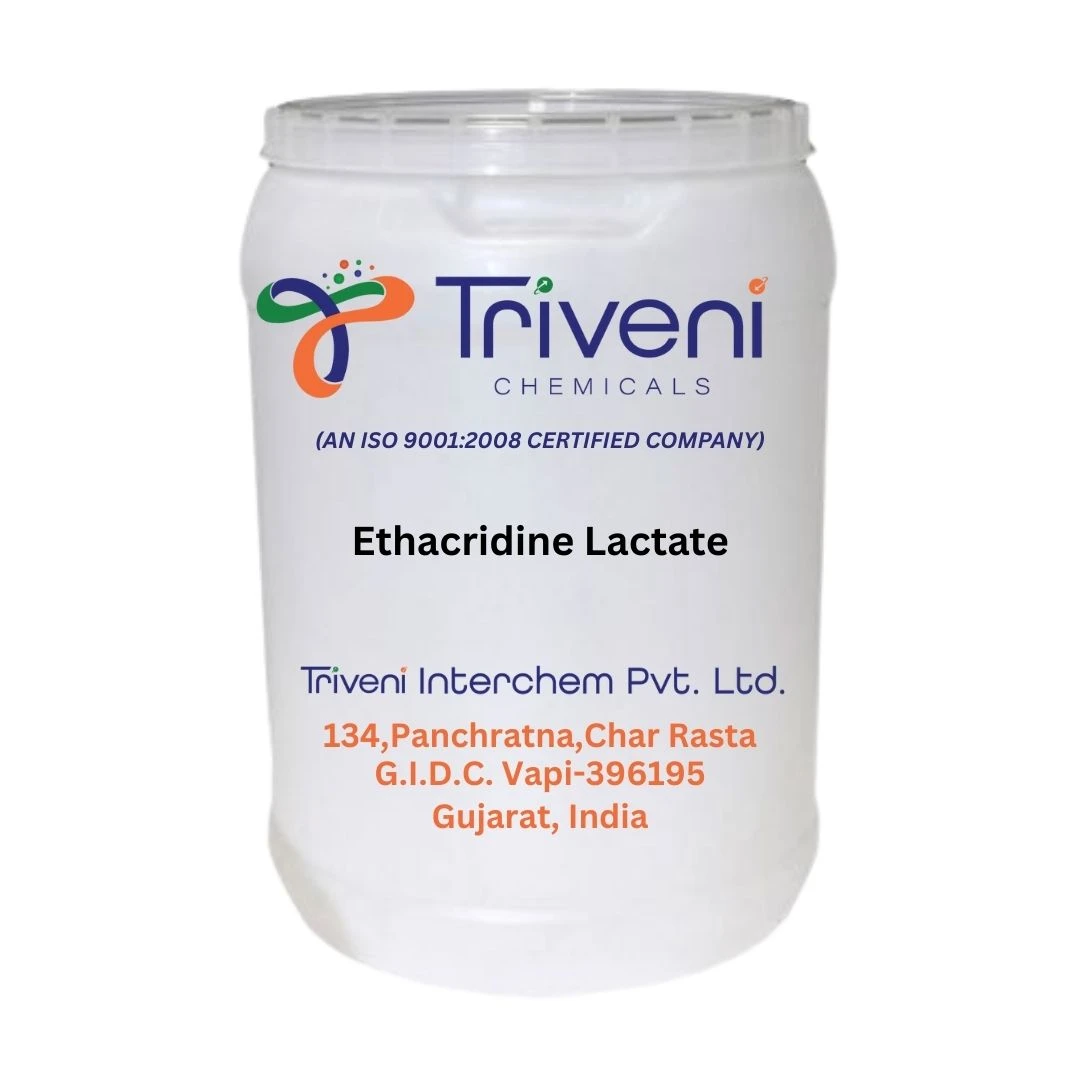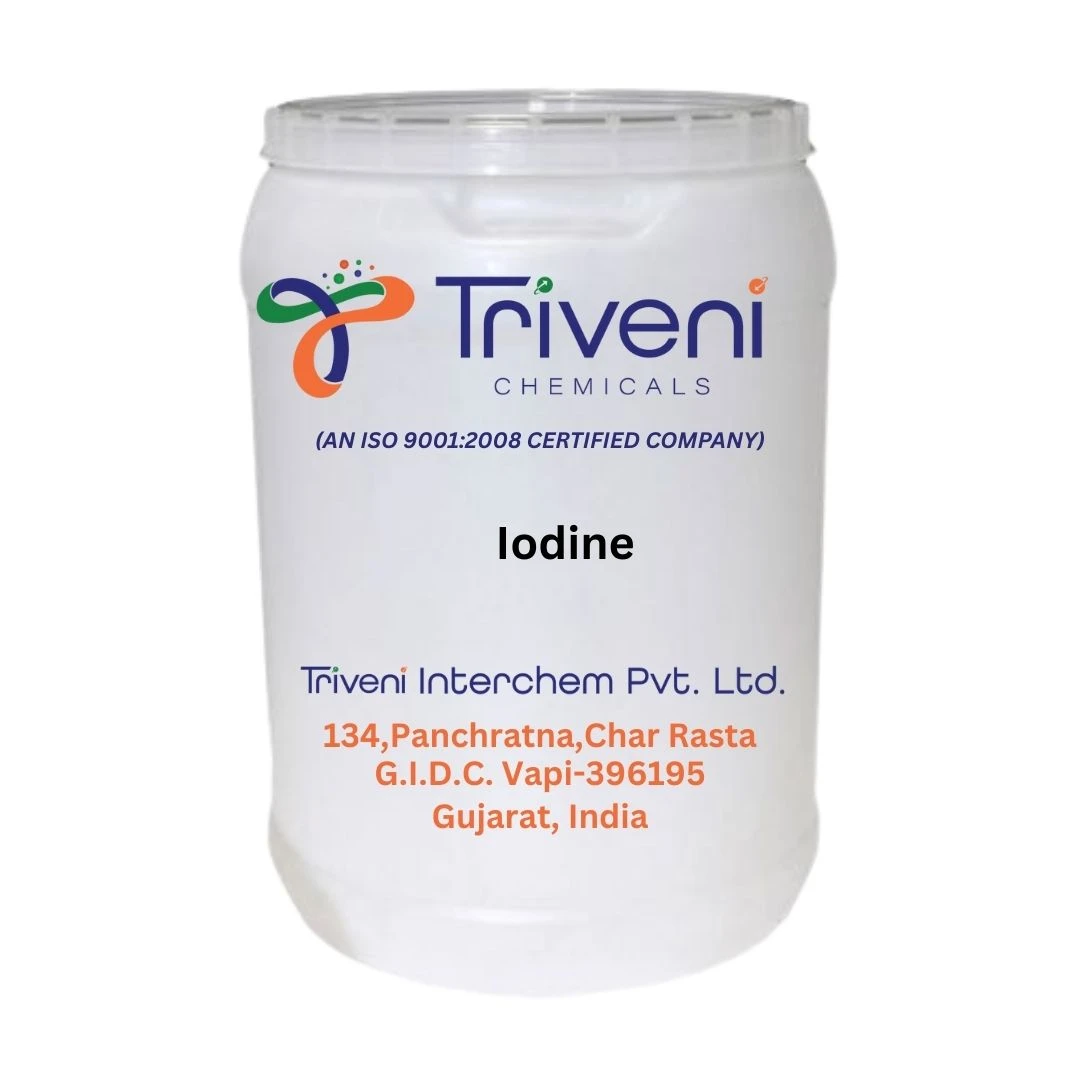Antiseptic disinfectants are essential for keeping environments clean and avoiding illnesses in both homes and hospitals. These products are intended to either eradicate or stop the growth of bacteria on skin and surfaces. Chlorhexidine gluconate is a frequently used antiseptic disinfectant that is well-known for its broad-spectrum efficacy against bacteria,..
Antiseptic disinfectants are essential for keeping environments clean and avoiding illnesses in both homes and hospitals. These products are intended to either eradicate or stop the growth of bacteria on skin and surfaces. Chlorhexidine gluconate is a frequently used antiseptic disinfectant that is well-known for its broad-spectrum efficacy against bacteria, fungus, and certain viruses. A common chemical used as an antiseptic and disinfection is chlorhexidine gluconate. It works by rupturing the membranes that surround microorganisms, which ultimately results in their demise. This makes it very useful for maintaining personal cleanliness as well as reducing surgical site infections and limiting the transmission of germs in hospitals. Chlorhexidine gluconate is frequently used as a surgical scrub in medical settings. It is used by operating room personnel and surgeons to properly wash their hands and arms prior to operation. This lessens the possibility that dangerous microorganisms will enter a patient's body while they are having surgery. Because of its enduring antibacterial action, it also keeps the surgical site safe long after it is applied. Chlorhexidine gluconate is available to patients in a number of forms, such as wipes, solutions, and foams. They are used for wound care, catheter site care, and pre-operative skin washing. After the solution is applied to the skin, it is allowed to dry, forming a barrier that keeps out a variety of infections. Because it lowers plaque and prevents gingivitis, chlorhexidine gluconate mouthwash is frequently prescribed to patients in dental care. Because of its antibacterial qualities, it helps regulate oral microorganisms, improving oral health and avoiding infections following dental operations. Chlorhexidine gluconate is also utilized in veterinary medicine, not just in medical contexts. It is a vital instrument for wound care, equipment disinfection, and preparing animals for surgery. It's crucial to remember that despite its great effectiveness, chlorhexidine gluconate has several drawbacks. Its effectiveness against some viruses may be limited, and certain bacteria may be inherently resistant to it. Furthermore, certain bacterial strains may become resistant to treatment after extended use. Like any disinfectant, it should be used in accordance with the manufacturer's directions and at the proper concentrations to get the most out of it with the least amount of possible negative effects. Chlorhexidine gluconate is an effective and commonly used antiseptic disinfectant, to sum up. It is an effective tool for avoiding infections in dental, veterinary, and medical settings as well as for promoting general hygiene and cleanliness due to its broad-spectrum activity, enduring effect, and variety of formulations.
- Antiseptic Disinfectant – Killing germs and bacteria efficiently, like Antiseptics.


